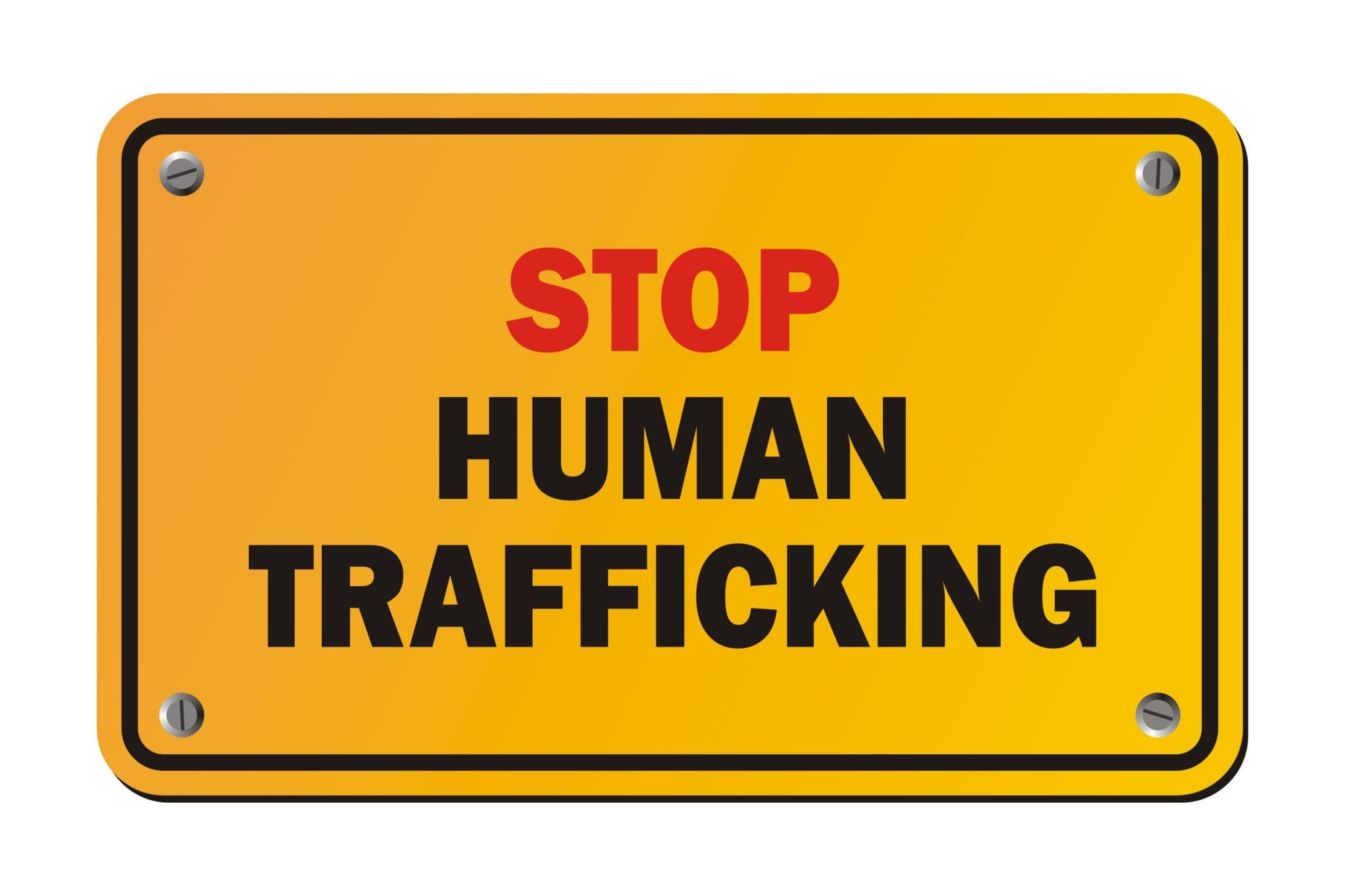
Human trafficking is the illegal trade of human beings. Essentially, it’s a form of modern-day slavery. The two primary drivers for the industry are sexual exploitation and forced labor (domestic and agricultural), and because of our proximity to one of the busiest international borders worldwide, Texas – sadly – serves as a hub.
How bad is it? The Department of Health and Human services reports that our state hosts approximately a quarter of all trafficked persons in the entire country at any given time.
Where do these people come from? Lots of places. Recently, though, an FBI spokesperson shared with a San Antonio local news station that one out of every four runaways are approached by someone interested in trafficking them within the first 48 hours of leaving home.
In other words, it could be your kids. Or your neighbors’ kids. It could happen to anybody.
Because of the severity of this epidemic, police are taking a hard stand on any activity even suggesting human trafficking is involved. Unfortunately, this means law enforcement can rush to judgement in the name of eradicating a problem that is truly horrific.
If you or someone you know has been charged with this serious crime, you need an experienced and trusted Texas criminal lawyer to help you start formulating the strongest defense possible.
In this post, we’re going to go over the law in Texas, what the state is doing to crack down, and how things will be changing in the near future.
Human Trafficking: What the Texas Penal Code Says
According to the Texas penal code, human trafficking is when a person knowingly participates in any of the following:
- Traffics another person, child or adult, with the intent that the trafficked person will engage in forced labor or services.
- Traffics a child and by any means causes the child to engage in, or become the victim of prohibited conduct involving any type of employment that is harmful to children, including sexual or indecent contact with a child, prostitution or promotion of it, and possession or promotion of child pornography.
- Receives a benefit of any kind for participating in the venture including receiving labor or services the person knows are forced or some form of sexual engagement with trafficked persons, adults or children.
- Through force, fraud, or coercion, causes the trafficked person to engage in prohibited conduct, including prostitution, promotion of prostitution, aggravated promotion of prostitution, or compelling prostitution.
Engaging in a human trafficking operation that lasts longer than 30 days is considered “continuous human trafficking,” and convictions on this first-degree felony can carry a life sentence.

How Texas Is Cracking Down on Human Trafficking
Nearly 300,000 people are reported to fall victim to these criminal acts in Texas annually. As shocking statistics of wide-spread trafficking within US borders continue to make headlines, it makes sense that our state is front and center in setting into motion an unprecedented amount of effort toward curbing trafficking crimes over the last five years.
Though the overall number of reported cases in Texas dropped by 35% between 2016 and 2017, the state still accounts for the second-greatest number of human trafficking cases in the U.S.
While the Department of Homeland Security’s Blue Campaign continues an awareness campaign meant to educate the public on signs of human trafficking and how to report suspected cases, Texas is doubling down on the effort against this $32 billion international industry by collaborating with a number of Texas-based organizations fighting against the epidemic.
Some of the entities are field-oriented, while others – like the Freedom Youth Project Foundation – are data-driven. Case review and research offers a broad picture of the patterns and trends in human trafficking across the state.
The thought behind the project is when you understand how traffickers tend to manipulate and control, you can teach children how they may be approached, and what signals to look out for in order to better navigate away from those situations.
Recent Changes in Human Trafficking Laws
Some of the most impactful human trafficking legislation ever seen has been enacted since 2015 at both the federal and state level. Much of the new legislation is focused on sex trafficking, but there are several broad-stroke measures that address human trafficking of any kind.
In 2015, former President Barak Obama signed the Justice for Victims of Trafficking Act. It puts into law grants to enhance programs funded by fines and penalties against offenders that combat human trafficking and provide services to victims.
The University of Texas’ Human Trafficking by the Numbers study revealed key statistics in 2016 which served as catalysts for the Texas-local legislation that followed.
Texas Gov. Greg Abbott unveiled initiatives which a) increase those penalties against convicted human traffickers further and b) created regional squads to combat trafficking about a year ago.
This coming March, the Business and Commerce segment of the Texas HB 29 bill goes into effect as well. The new law requires certain businesses to post signs by sink areas in each restroom with contact information to the National Human Trafficking Resource Center in English and Spanish language.

Some Texas human trafficking victim advocates have voiced they’d like to see more done, stating it would be beneficial to include the signage in schools, school bathrooms, and gyms, but this is certainly a great addition to trafficking awareness efforts across the state.
The downside, of course, is that more people are likely to get caught in the crosshairs of law enforcement officials eager to look like they’re being proactive on this issue. Even if you believe you are innocent of your charges, do not simply assume that things will work out. Learn the law, and get professional legal help as soon as possible.
About the Author:
Brandon Fulgham has an in-depth understanding of both Texas law and Texans themselves. Before practicing law here, he received his undergraduate degree from TCU, and his law degree from South Texas College of Law in Houston. After graduation, he worked in District Attorneys’ offices as a prosecutor, building cases designed to put people behind bars. Now, he uses that knowledge to protect the rights of people in and around Fort Worth, making sure they receive the strongest possible defense when they find themselves on the wrong side of the law. He has been recognized for his work by The National Trial Lawyers, Fort Worth Magazine, and others.